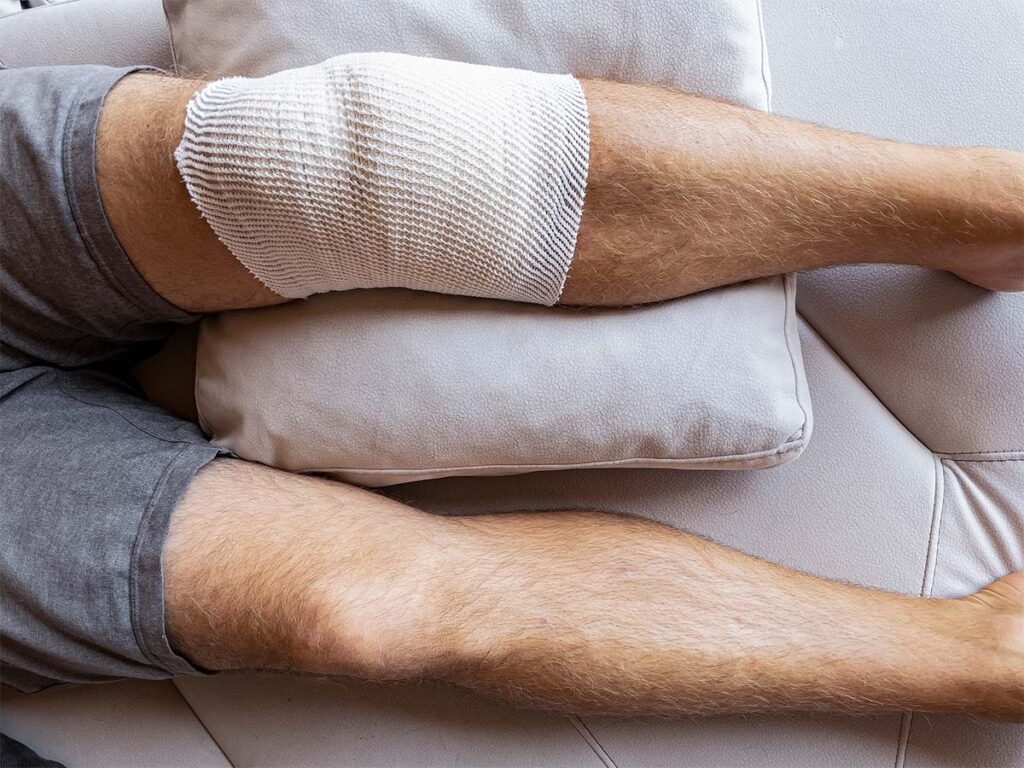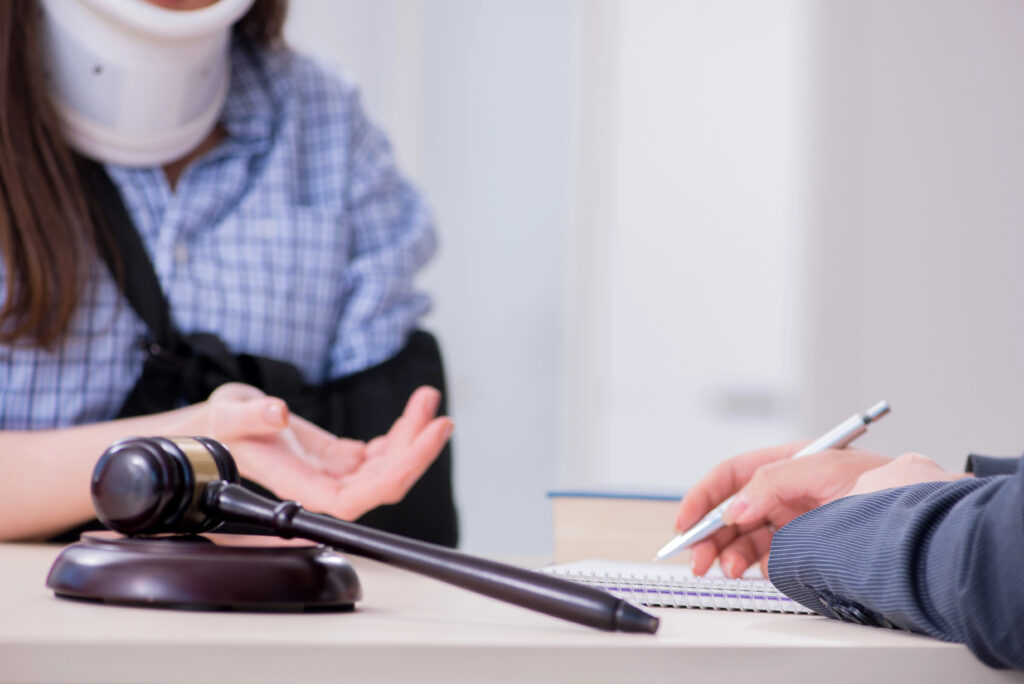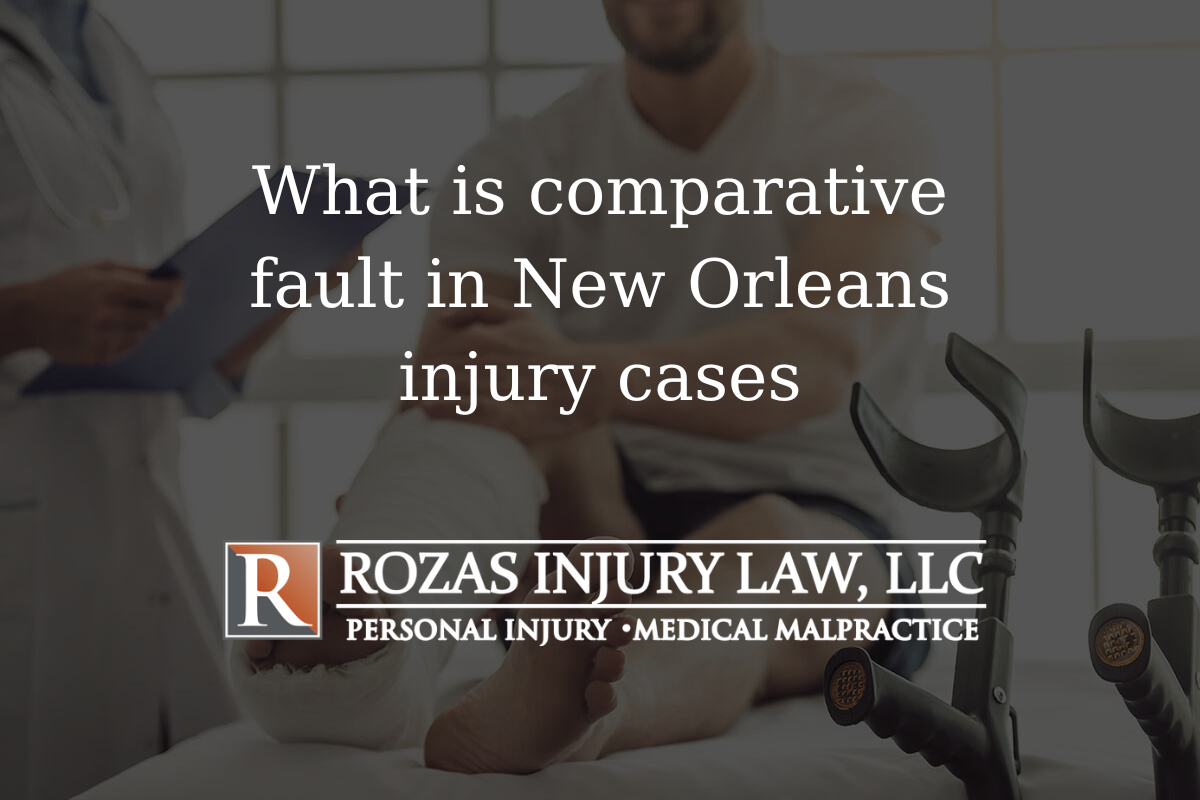If you’ve been injured in New Orleans, whether in a car accident, slip and fall, or any other type of incident, understanding how fault is determined is essential. Louisiana follows a pure comparative fault system, which can significantly affect how much compensation you’re entitled to in a personal injury case.
This system is especially important in personal injury cases involving multiple parties or unclear liability. Here’s what you need to know about comparative fault in Louisiana personal injury claims.

What Is Comparative Fault?
Comparative fault is a legal doctrine used to assign a percentage of fault to each party involved in an accident. Under this system, more than one person can be considered responsible for the same incident. The compensation a person can recover is reduced by their percentage of fault.
For example, if you were injured in a car accident and found to be 30 percent at fault, you could still recover 70 percent of your total damages. This approach ensures that even if the plaintiff’s negligence contributed to the accident, they can still seek compensation for their injuries.
Louisiana’s Pure Comparative Negligence Rule
Louisiana applies a pure comparative negligence standard in most personal injury cases. This means that no matter how much fault is assigned to you—whether it’s 1 percent or 99 percent—you can still file a personal injury claim. However, your compensation will be reduced accordingly.
This system applies in a wide range of Louisiana personal injury cases, including:
- Car accidents
- Slip and fall incidents
- Medical negligence claims
- Product liability cases
- Workplace injuries involving third parties
The law ensures that fault is fairly divided and that injured parties can still pursue damages, even when they share responsibility.
How Is Fault Determined?
Determining fault in Louisiana involves analyzing evidence such as:
- Police reports
- Witness statements
- Medical records
- Accident scene photos
- Expert testimony, if needed
The insurance company and, if necessary, the court will review all available documentation to assign a percentage of fault to each party. This assessment has a direct impact on your final compensation.
It’s important to note that in comparative fault cases, the more evidence you have, the stronger your claim. Proper documentation and legal representation can make a significant impact.
The Impact on Compensation
Comparative negligence laws directly affect your ability to recover damages such as:
- Medical bills
- Lost wages
- Pain and suffering
- Future medical expenses
- Property damage
For example, if your total damages were $100,000 and you were found 20 percent at fault, your final compensation would be reduced to $80,000. Even if you’re partially at fault, recovering compensation can still help ease financial hardship.

Why Legal Representation Matters
Understanding comparative fault laws in Louisiana can be complex. A personal injury lawyer with experience handling comparative fault cases will:
- Help gather evidence and present a strong claim
- Communicate with the insurance company
- Determine the percentage of fault fairly
- Pursue a fair settlement or take the case to court if necessary
If you’re dealing with a personal injury case where comparative negligence applies, having legal guidance can be the key to recovering the compensation you deserve.
Learn more about how comparative fault may affect your injury case. Call Rozas Injury Law, LLC at (225) 343-0010 to schedule your free, no-obligation consultation. You can also reach us anytime through our contact page. Let us help you take the first step toward justice and recovery.
FAQs: Comparative Fault in Louisiana Injury Cases
What is pure comparative fault?
Pure comparative fault means that even if you’re mostly at fault for the accident, you can still file a claim. Your compensation is reduced by your percentage of fault.
Can more than one person be at fault in an accident?
Yes. In most personal injury cases, fault can be divided between multiple parties, including the plaintiff.
Does comparative fault apply in car accidents?
Absolutely. Louisiana law uses comparative negligence in car accidents and other negligence cases to determine each party’s share of fault.
What if the other party claims I was partially responsible?
You should consult a personal injury lawyer immediately. An attorney can help you understand your legal rights and build a case that minimizes your assigned percentage of fault.
How is fault calculated in court?
The court looks at all available evidence—police reports, expert testimony, and physical evidence from the accident scene—to determine each party’s degree of fault.




